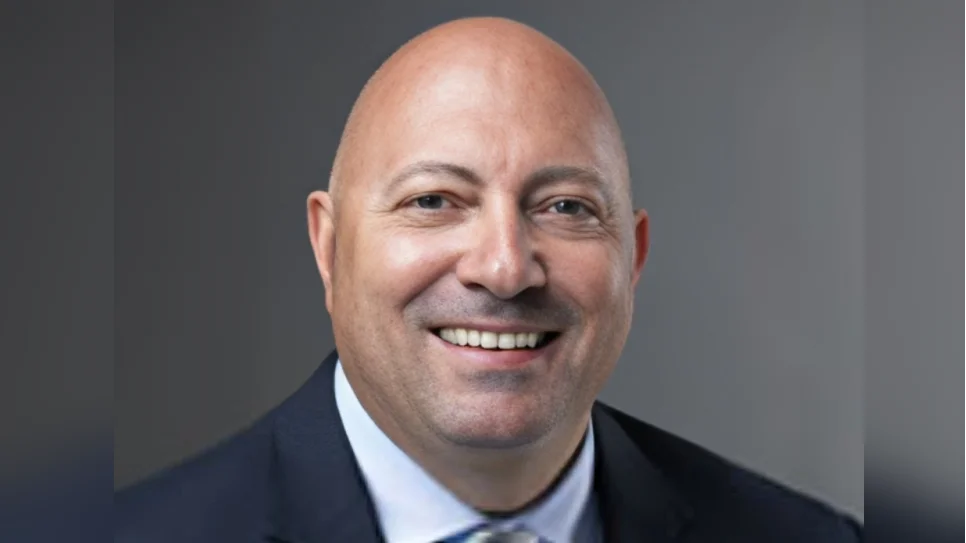Education Professor Dr. Micaela Rubalcava’s newly published book, "Environmental Liberation Education: Diversity, Mindfulness, and Sustainability Tools for Teachers and Students," is a comprehensive guide for the future of learning. The book serves as a precursor to innovative curricula and programs at TMCC, aiming to foster cultural belonging and thriving within the community. Students in Rubalcava’s courses experience her teachings through research, exercises, and models presented in the book.
Rubalcava describes strategies to integrate academic engagement for diverse student success into systemic change using social-emotional tools for dialogue, reflection, and action. These tools aim to integrate subjects and students into global citizenship experiences suitable for a complex, biodiverse world. Her strategies include posing authentic questions about existing problems in cross-cultural peer circles and generating projects for transformative action.
Rubalcava's approach includes three transformative tools: Diversity Circles to organize for change, Multicultural Mindfulness to process change, and Approach-in-Dimension to assess change. These tools help educators make conscious choices that promote unity and eco-friendly experiences.
"I participated in an insightful Fulbright research project where I went to Santiago, Chile," Rubalcava explained. "I applied in 2017, and Fulbright picked 16 educators across the nation. As part of this summer research team, it was heartening to learn that Paulo Freire had written his famous book 'Pedagogy of the Oppressed' about academic freedom there in Santiago years before."
One liberation idea involves uplifting conversations about sharing fears by recognizing support systems within one's midst to invite different ethnic and linguistic perspectives into academic engagement. This method respects cultural varieties as assets rather than liabilities.
TMCC EDU students with Glenn Duncan Elementary School fifth graders facilitate Environmental Liberation Education by writing curiosity questions, practicing breathwork to observe nature with their senses, and sharing their poems aloud.
"Today was the first day for one of my classes," Rubalcava continued. "We started by being outside under tree shade practicing breathwork together about four observable elements of nature: sun, land, sky, and water."
The three transformative tools—Diversity Circles, Multicultural Mindfulness, and Approach-in-Dimension—aim to replace unconscious decisions that divide with conscious choices promoting unity.
"This is easy, fun, and empowering," Rubalcava said. "The tools strengthen educator efficacy; our diverse students experience success."
Chalk drawings depicting emotions about global healing from various perspectives are featured in the 'Brave New World' mural.
"You can use Environmental Liberation Education in any class," Rubalcava stated. "It equips teachers who are otherwise unwittingly part of exclusions."
Dr. Martin Luther King Jr.’s work informs Rubalcava’s textbook by applying his steps to nonviolent civic engagement for justice within the context of super-diversity.
"Transnational migrations due to resource scarcity interact with Indigenous communities impacting economies globally," Rubalcava said.
"I do course content mini-lectures then students cogenerate the subject," she continued. "By the end of each session we do mindfulness exercises."
For more information on these educational methods visit the respective websites.


